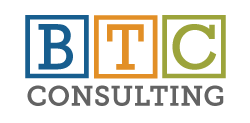Staying Safer On-Line
Below is an excerpt from the companion website of the new book by Joseph Menn “Fatal System Error”, the story of a hacker who became a cyber warrior in the fight against on-line criminals.
Staying Safer On-Line
The safest thing to do is avoid online financial transactions and not store passwords, account information or other sensitive material on a computer that is connected to the Internet.
If you are going to conduct business online, you should do it only with a small number of well-known sites. You should avoid using debit cards. You should choose a bank that offers “two-factor” authentication and guarantees any fraud losses. You should review banking and credit card histories closely, even looking for transactions of $1 or less, which may be used to test a card’s validity.Use hard-to-guess passwords that vary from site to site, and give fake but memorable answers to security questions.
In addition, you must have a self-updating operating system and antivirus software. You should not leave unused programs on your computer. On a regular basis, you should check to see whether security patches have been issued for any of the programs you keep. You should not casually browse to unknown sites. You should check reputable review spots such as CNet.com for information on security software, and you should keep abreast of hacking trends by reading such sites as Wired.com.
Use extreme caution on social networking sites, bearing in mind that if you have more than 20 friends, one of them might well be operating from a compromised machine. Applications where you list relatives could give someone what they need to deduce your mother’s maiden name. There is no good reason any site should have your true birthday.

